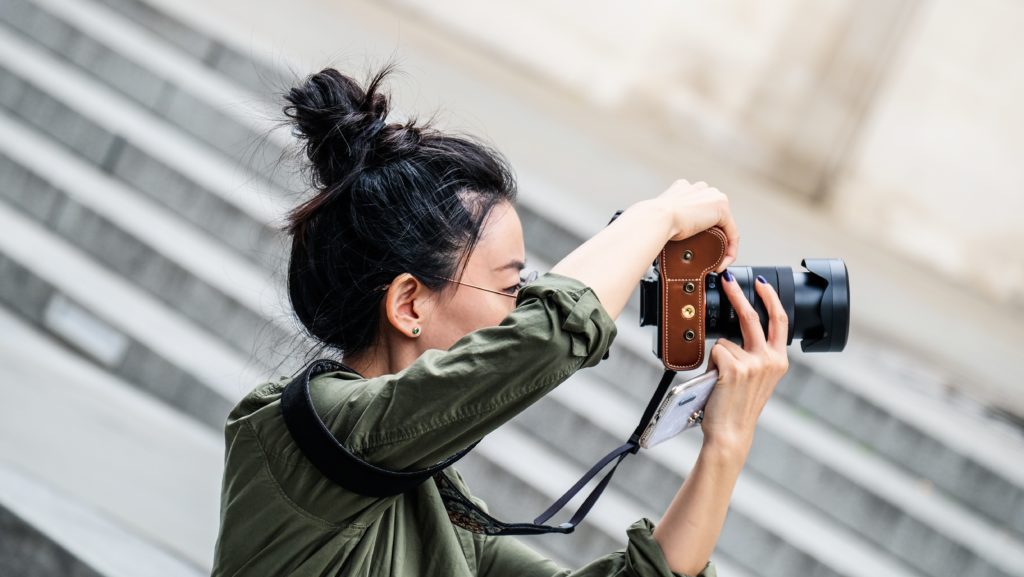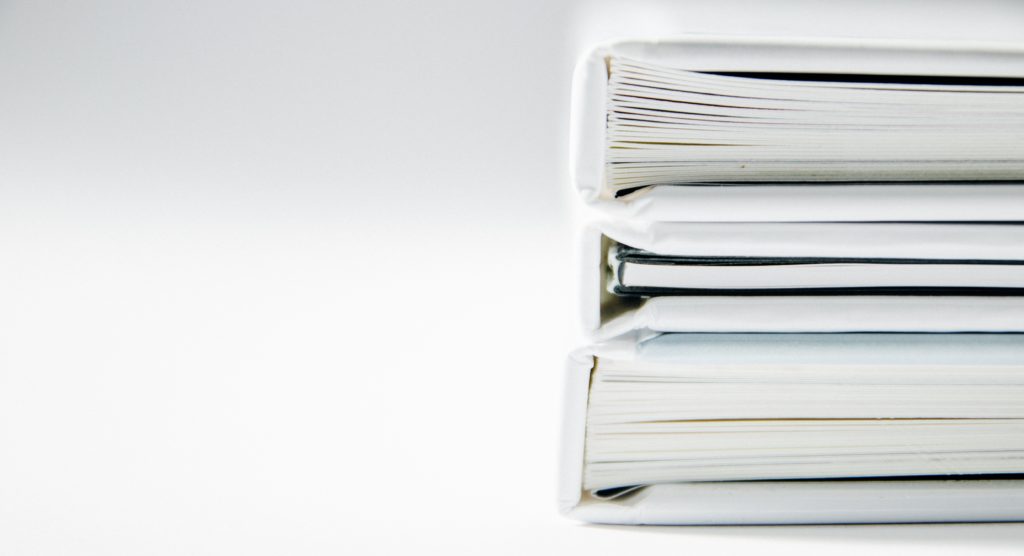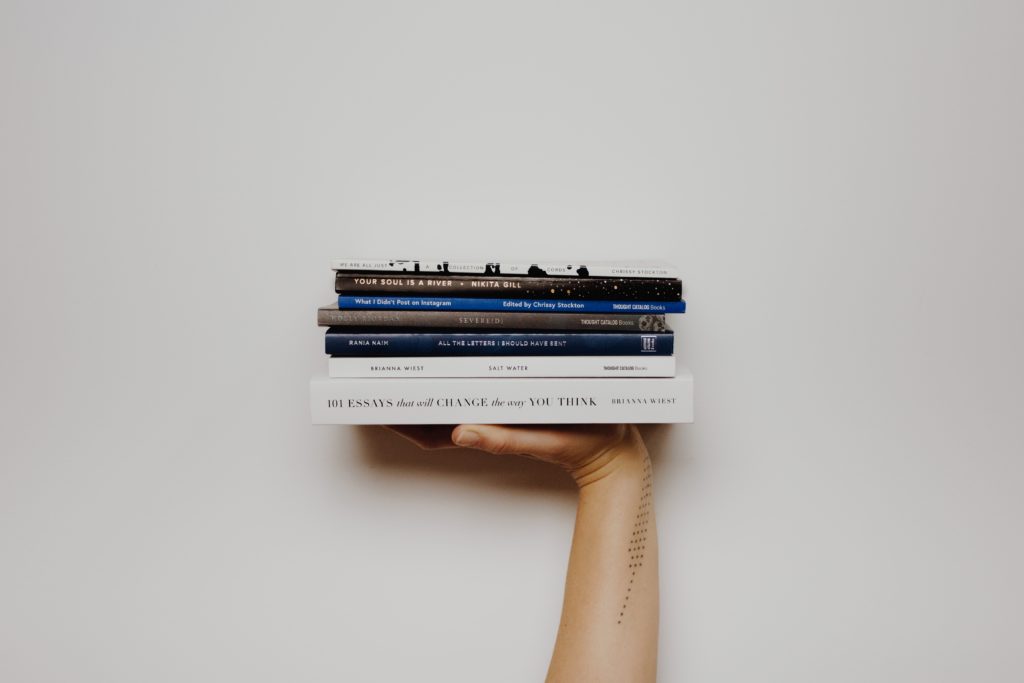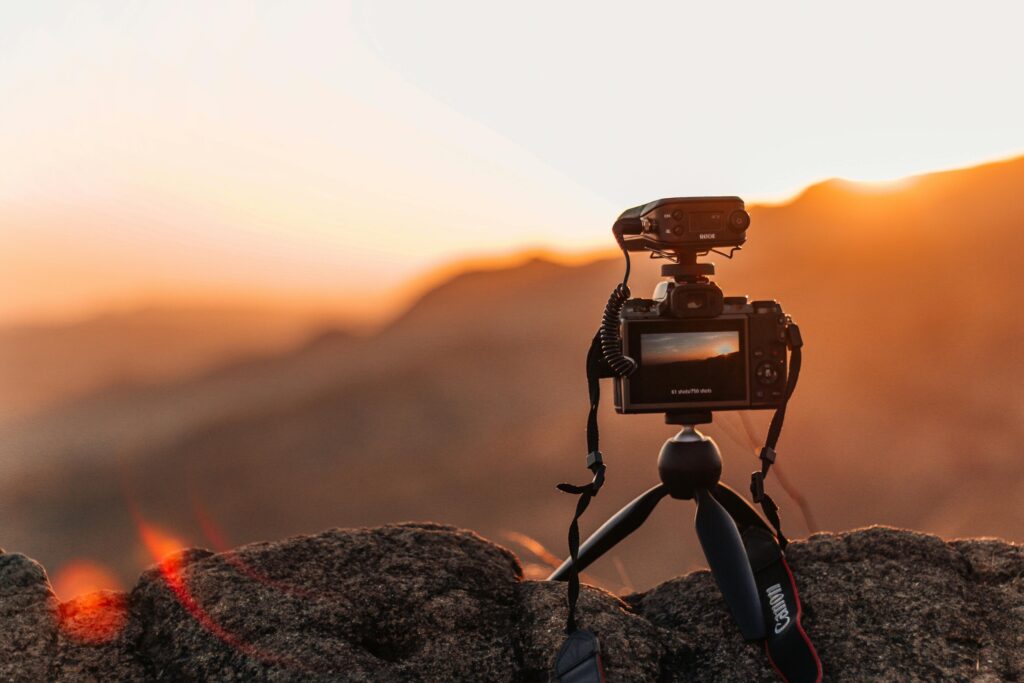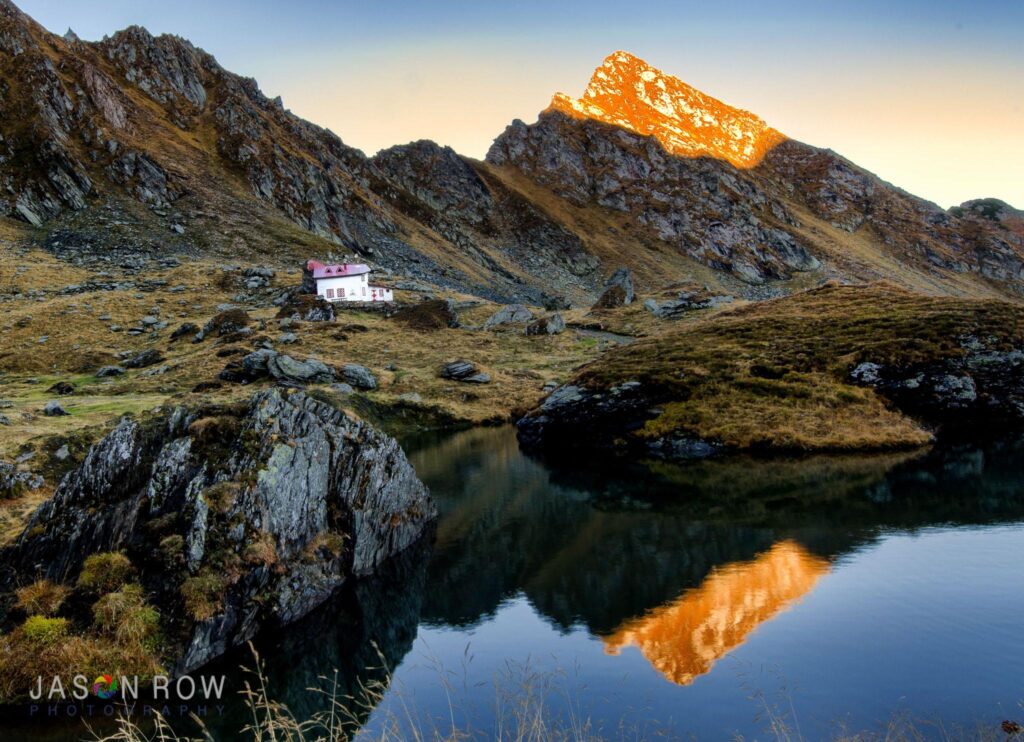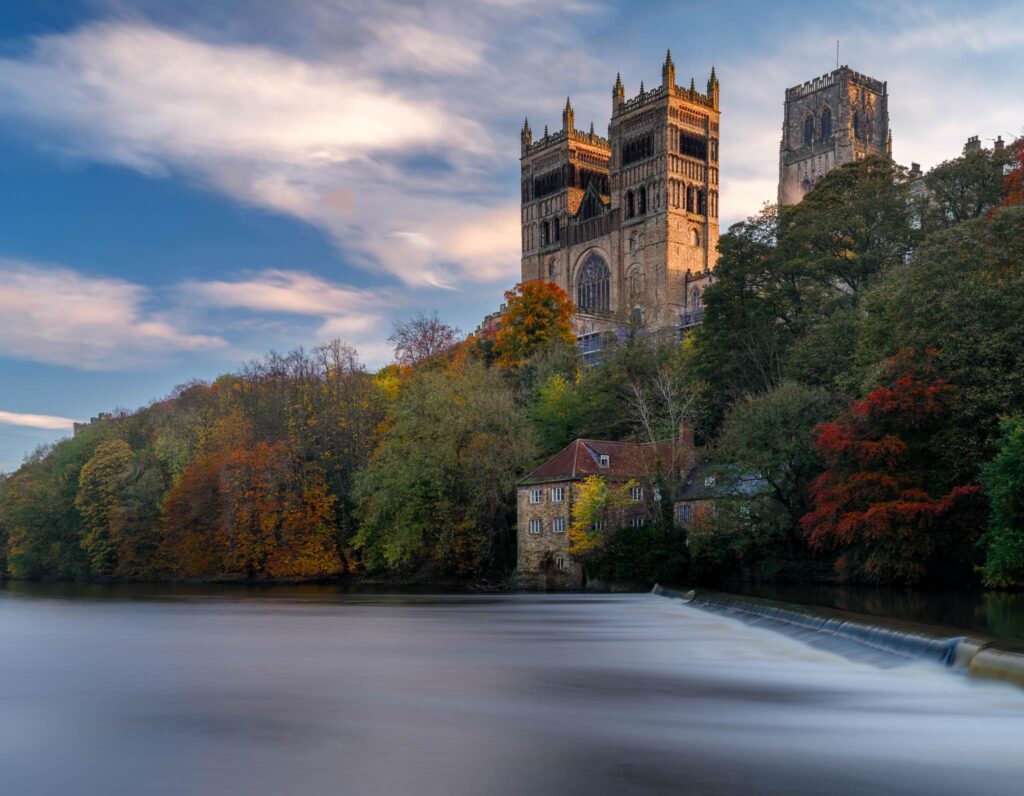Photography related books are a must for anyone with a deep love for this craft. We've talked about this topic before, but as time goes by, and bookshelves start to flood, these ideas need to be revisited at some point.
Today I want to share with you 11 photography related books that I think any photographer (no matter the experience) needs to read at least once.
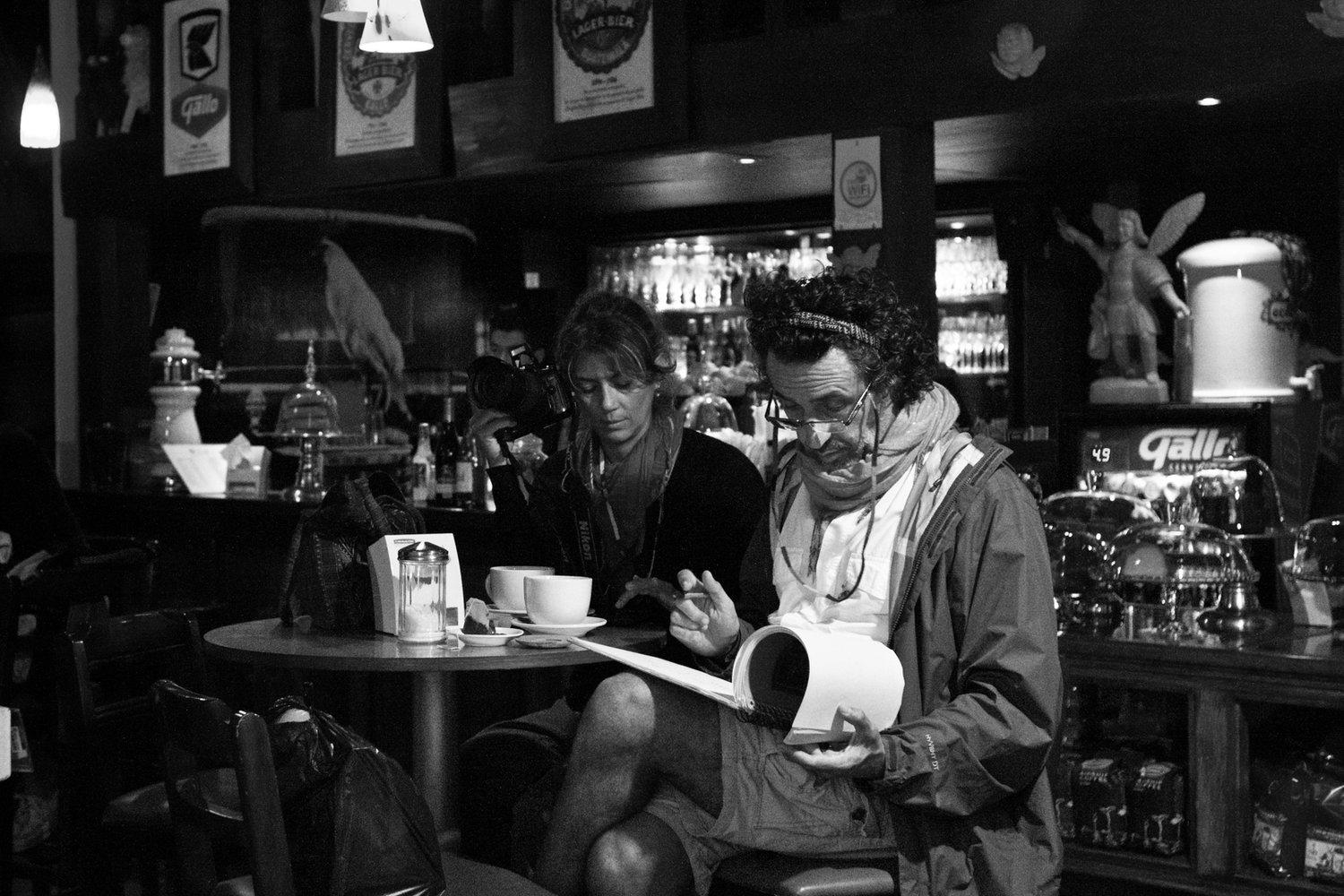
Here you'll find different topics around photography, from a very concise manual on black and photography (my bible perhaps), to some books about how specific photos were made. You'll also find various others that will make you think about the wonders of photography.
We are evolving into a state in which photography is ubiquitous, and we need to start asking ourselves about where are we planning on going with this. If we lose the ability to self-critique, then we will just replicate the same thoughts and images all over again.
The Ongoing Moment – Geoff Dyer
I got this book as a gift from my friend Ben Lundsten and I'm currently using it in my lectures. This book is a very innovative approach to the history of photography. Based on the principles of storytelling, this book feels like a novel in which all the characters are the great masters of photography that we all admire.
Here we can see how several photographers have approached specific familiar places in their own way. If you are into the history of photography, this book is an absolute must.
Camera Lucida – Roland Barthes
This is a short but comprehensive book written by a very important thinker. Here he reflects on the purpose of photography as a human action driven by the impulse for registering things that are important to no-one else but us.
Roland Barthes also develops one of the first ways of actually reading a photograph by bringing the terms of “punctum” and “studium” to the field of photography.
His deep interest in photography and its potential to communicate things made him write this fantastic book that should be on your shelves.
Object: Photo – Modern Photographs: The Thomas Walther Collection 1909–1949
This colossal book includes several photos from great photographers (some popular and some others should be popular) that were taken around the first half of the twentieth century. The book comes in three main parts; the first part has a ton of insightful essays that are great for meditating on and thinking about photography. The second section – the best part, in my opinion – is some of the photos from this collection, and last but not least, the whole collection catalogue. This is a slow-paced approach to the history of photography and includes a digital platform for some interactive goodies.
The Complete Guide to Black & White Digital Photography – Michael Freeman
Freeman is a natural teacher, he has a lot of fantastic photography books, but this one is special for me. It was my very first photography book I bought ever and is still to this day an excellent reference for me.
It made me understand black and white at a very early stage in my career and is perhaps the best guide you could read for understanding why black and white photography is different from what you think. There is a new book by Freeman on Black and White photography that feels like it could be a revision of the Complete Guide to Black and White Digital Photography, and you can find it here.
Street Photography: Creative Vision Behind the Lens – Valérie Jardin
What I liked about this book is the transparency in which Valerie shares how these images where made. This is very hard to find in photography, and it should be taken with more respect than it already is. Here we can follow her through an epic photo walk around the globe. After surpassing the practical and technical aspects of street photography, she shares her personal experiences from her favorite shots.
In this book, you'll learn about the technical and compositional choices she made, but more importantly, you'll get to know her thought process too.
Photographic Visions: Inspiring Images and How They Were Made – 1X
I have a love/hate relationship with 1X, but I have to recognize one thing, they make some incredible photo books! This book is unique because it reveals how some of the most inspirational photographs published on their platform (at that moment) were made.
This book goes into details and compiles explanations from the photographers themselves, so it is no surprise that some of the discussions and processes are better explained than others. Still, it is an amazing book that is still valid today.
Magnum Contact Sheets
This book opened my mind for two main reasons. The first one that after a few pages, I was able to realize that iconic photos have brothers and sisters. This might not feel like a huge thing, but let me elaborate. For some reason, I was always feeling guilty as I was not able to shoot meaningful scenes just once, even though when I do shoot, I shoot very few frames (thanks film photography, that is what I learned from you). By reading this book, I was able to realize that it wasn't wrong for me to shoot plenty of frames.
The other great thing that I learned from this book is the importance of the editing process – that is the editing process that is all about picking solely keepers – in photography.
This decision, what to keep and what to remove, was firmly made by editors back in the day, and thanks to them we have the iconic photos we know and love today.
The Decisive Moment – Henri Cartier-Bresson
Alright, I've got to be honest, this book isn't in my hands yet, but I can speak a bit about it for now. This book was originally published in 1952, and it became HCB's opus magnum, at least in intellectual terms. The name was adjusted to “the decisive moment” so it would sell, and the original title in French is “images à la sauvette“, which is something more sophisticated if you think about it. He believed in that term, which translates literally to something like “images on the fly”, hence the decisive feeling of the Americanized title.
Beyond the jargon, this book includes profound thoughts on photography made from HCB himself, and of course, it has some amazing photos. Oh, and the cover is a painting made by Matisse exclusively for this book.
The Americans – Robert Frank
It is said that this book changed the course of twentieth-century photography, and it made it only with 83 photographs. So imagine, 83 photos capable of rerouting a complete discipline in a whole different direction.
Here you'll find a vision of America that opened people's eyes. And even though the 83 photographs are superb and tell a wrenching story, for me the best part is the intro, which was written by Jack Kerouac, and is beautiful.
On Photography – Susan Sontag
This book first appeared in 1977 and is one of the most highly regarded books about photography ever written. This is perhaps the next step for all photographers that are starting to develop some serious existential questions about their craft.
In this work, you'll find a set of essays about the meaning of photographs and the career of a photographer. Even though Sontag was not a photographer herself, she was Annie Leibovitz's partner so you can expect a profound critique of the craft.
Photography Changes Everything – Marvin Heiferman
If this book doesn't make you think about the power photography has, then I don't know what else I can share with you that will. This book comes with plenty of essays that illustrate how photography changes culture, society, and people. It has shaped what we want, what we see, who we are, what we do, where we go and what we remember so strongly, that, as the author says, Photography Changes Everything.
So remember ladies and gentlemen, photography can change anything, so ensure you shoot with a responsible eye.
The works go beyond recipes and manuals written to help us replicate other photographers' styles; all of these books make us think and understand the beauty of photography.
As long as we can nurture our love for photography by thinking more about what is what we want to achieve with our shots, the more meaningful our photography will become.
One of the best ways to build an inquiring mind and eye is, of course, through reading. I hope that you find these books as mind-blowing as they have been for me.

